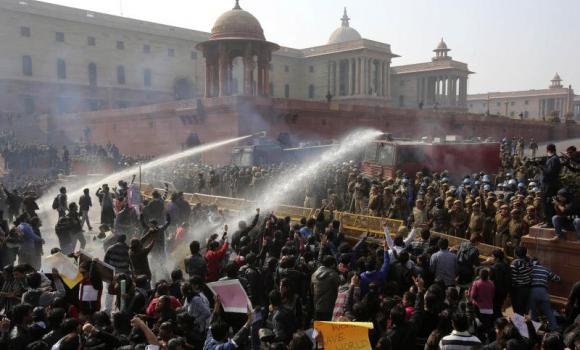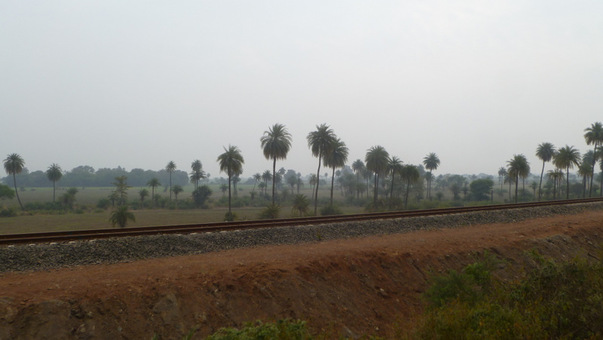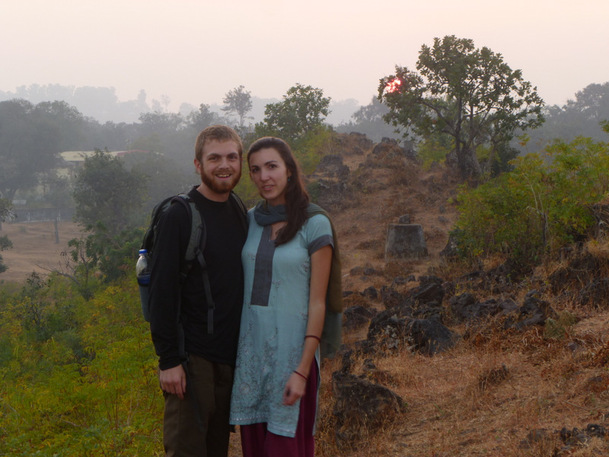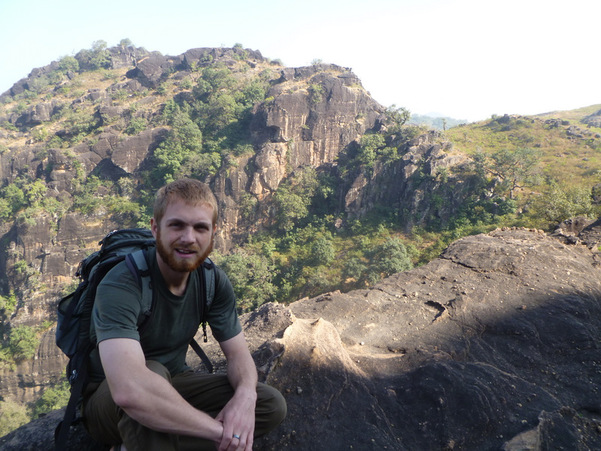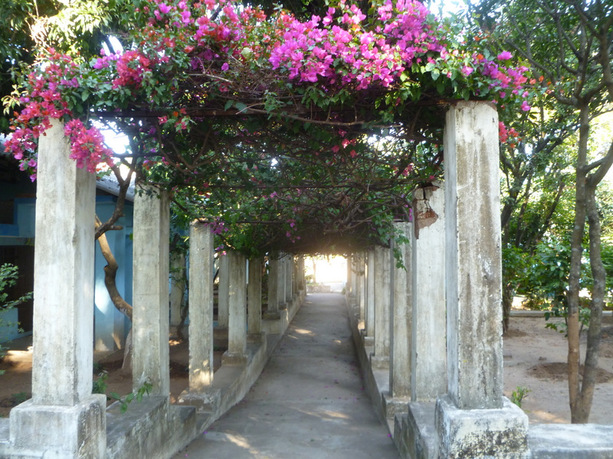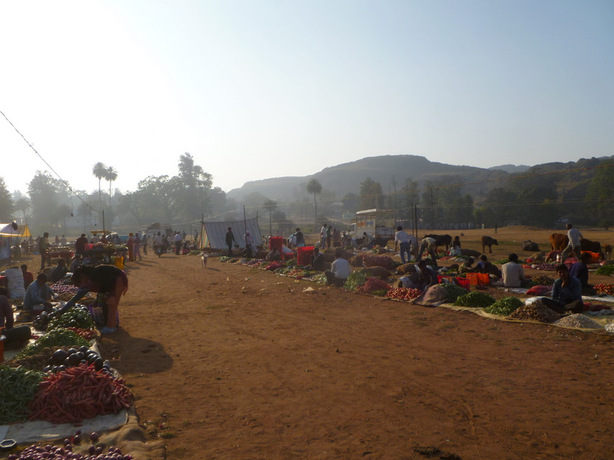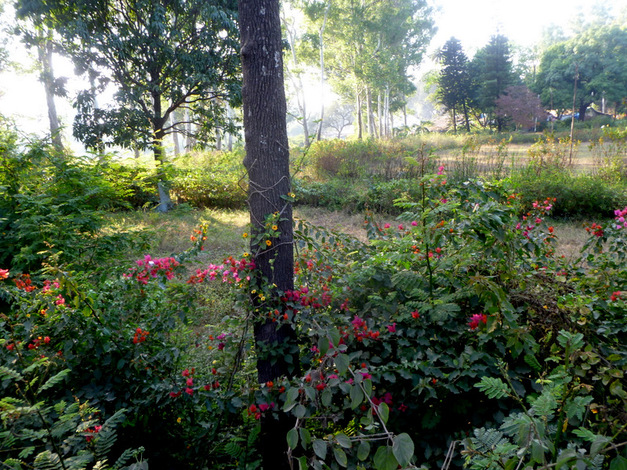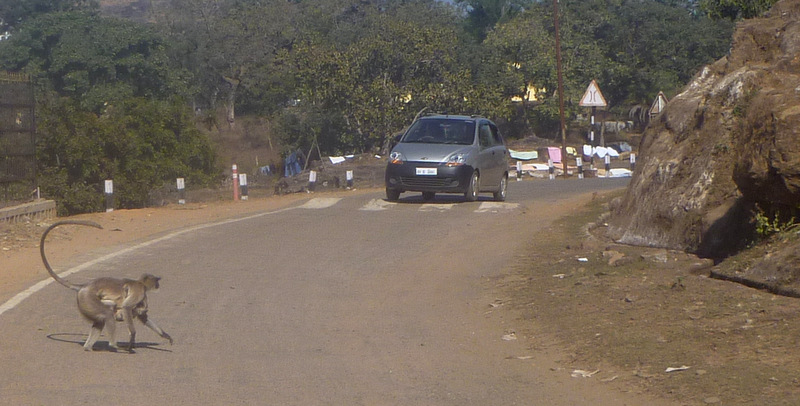Those flickering, vulnerable flames we carried as we marched made me think of Isaiah 42:3: “A bruised reed he will not break, and a smoldering wick he will not snuff out” (“…til he leads justice to victory”). These words are describing Jesus, but lately I am coming to see that Jesus himself is also that bruised reed and that smoldering wick. He is vulnerable and fragile. He himself was stripped and tortured and killed by the powers of evil in his day. Even today, his kingdom comes through the weakness of human beings, often human beings who fail or who are overpowered by the colossal systems of injustice and evil that they oppose. The strange and wonderful thing about those seeds that fall to the ground and die is that their life is actually multiplied and continues (John 12:24)! Those words from Jesus are a wonderful explanation of the paradox of resurrection.
As John chapter 1 says, “The light shines in the darkness, but the darkness has not overcome it.” The thing I struggle with is that, at least for the present, neither has the light overcome the darkness. Following Jesus is often like a candlelight vigil in the dark. The darkness of an entire room can be lessened by the presence of a single candle. But the harder you focus on the light the more pitch-black the surrounding darkness seems, and the candle cannot completely dispel the darkness after all—only the sunrise can do that. Jesus’ life was that candle, that flame of truth to light our path through the dark; that sign of hope that the Dawn is coming and we can begin to walk in the light even now. Our lives are that fragile, flickering candle, burning with love through the night with the desperate hope that Day will come and the shadows of violence and evil and confusion will recede once and for all.
There were signs of hope in that protest. Unlike the protest in Delhi going on at the same time, the righteous indignation did not descend into violence: none of the protesters forced their way through blockades, and the police did not fire water cannons and tear gas at us or beat us with their wooden rods. At the rally, people spoke not only of the need for police to make cities safer for women and for government to actually prosecute rapists and mete out harsher sentences. They spoke also of the need for men and women to begin to address the degradation of women in society at a root level by raising their sons and daughters as equals in the family. There were placards that spoke of how backwards it is to teach women to be careful in order to avoid rape, instead of teaching men not to rape. These messages are closer to addressing the heart level of the matter.
But there were also discouraging placards calling for retributive violence. The anger everyone feels is completely justified, but we were especially disturbed to see men carrying signs that advocated torture and death for rapists. It’s easier to completely dissociate themselves from the “monsters” who have done this than to acknowledge their common humanity—and to have the chilling realization that those roots of selfishness and lust which grew into this savage act of brutality are lurking in their own hearts, too.
We are still waiting for the dawn. In a society where domestic violence, rape, commercial sexual exploitation, and routine sexual harassment of women are a virtual pandemic, it would be more useful for men to examine their own role in creating this unsafe atmosphere for women than to demonize the few men who have acted out in an extreme way. As long as women are objectified for male consumption, as long as their bodies are turned into sexual commodities, and as long as they are denied equal status in marriage and the family, we can’t honestly claim to be surprised by horrific rapes like the one that has turned India upside-down this week. But we raise our candles and we renew our commitment to throw our lot in with the Bruised Reed who could not be broken, and the Smoldering Wick who lit the world on fire.
